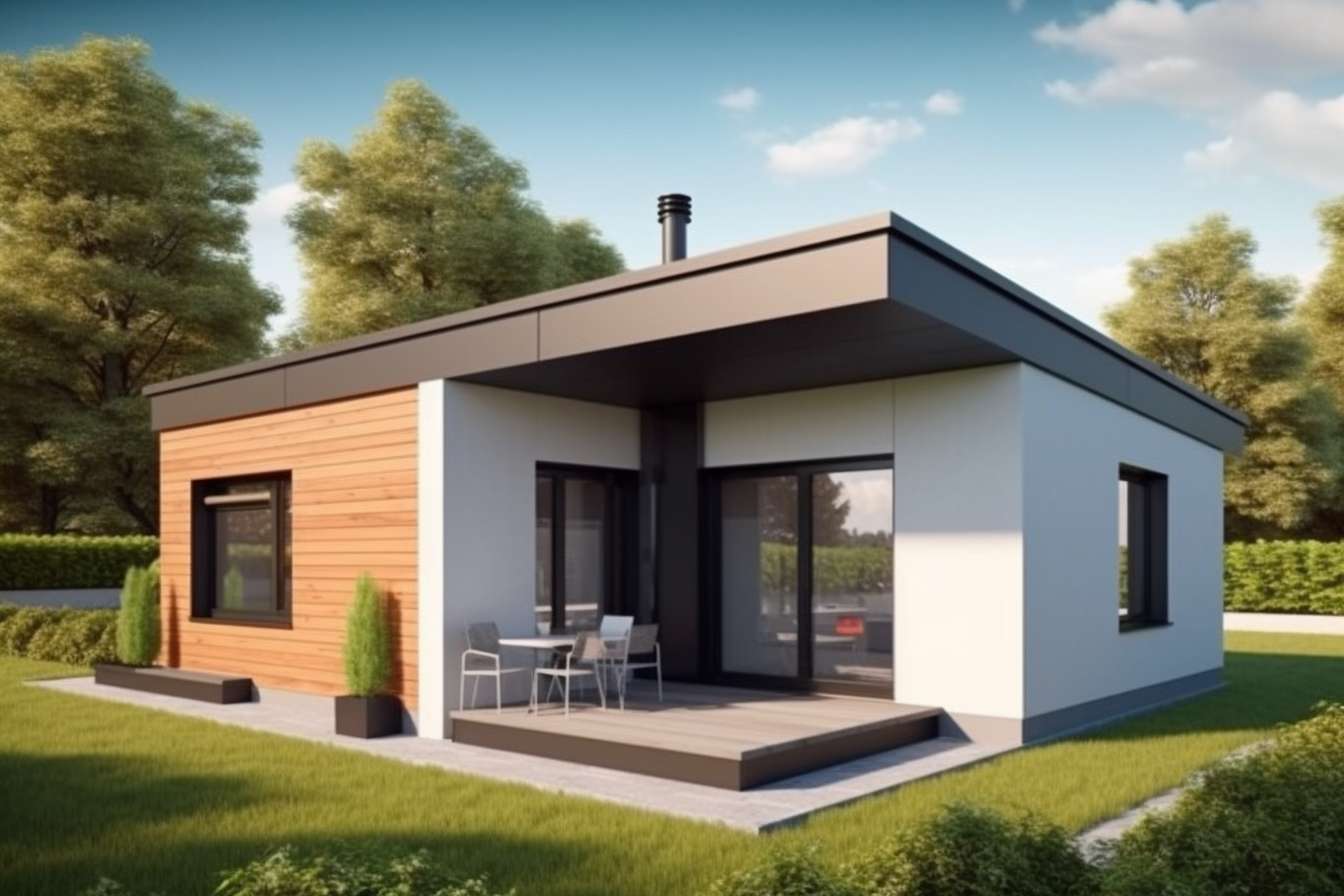Unveiling the Potential of Garage Conversions in the Real Estate Market
Real estate is a dynamic and evolving industry, always ripe with new opportunities for savvy investors and homeowners alike. One such opportunity that has been gaining traction in recent times is garage conversions. This real estate trend involves transforming garages into functional living spaces and has the potential to significantly increase property value. This article dives into the world of garage conversions, exploring their history, current market trends, financial implications, and impact on the real estate landscape.

The Emergence of Garage Conversions
Before the 20th century, garages were merely structures for storing horses and carriages. With the advent of automobiles, they evolved into parking spaces for cars. However, as urbanization took hold and space became a premium, the garage began to be viewed differently. Homeowners started seeing it as an underutilized space that could be converted into a functional living area. This marked the beginning of garage conversions, a trend that has steadily gained popularity over the decades.
Garage Conversions and the Current Market Trends
In the current real estate market, garage conversions are experiencing a resurgence. With housing prices soaring and space at a premium, especially in urban areas, homeowners are increasingly turning to garage conversions as a cost-effective way to add square footage to their homes. In addition, the COVID-19 pandemic has caused a shift in housing needs, with more people working from home and requiring extra space for home offices, gyms, or studios. These factors combined are driving the demand for garage conversions.
Financial Insights and Analysis
From a financial perspective, garage conversions offer several advantages. The cost of converting a garage is significantly less than a full-scale home addition or buying a larger house. Moreover, this renovation can increase the value of a property by up to 20%, making it a smart investment strategy. However, it’s important to note that the return on investment can vary based on the quality of the conversion, the property’s location, and market conditions.
Impact on Buyers, Sellers, and Investors
Garage conversions have different implications for various players in the real estate market. For homeowners, it’s a cost-effective way to expand living space and increase property value. For potential buyers, a well-executed garage conversion can be an attractive feature, especially in markets where space is at a premium. For real estate investors, it represents an opportunity for value-add investments where they can purchase properties, convert the garages, and sell them at a higher price.
Balancing Depth and Accessibility
Garage conversions, while lucrative, are not without challenges. Homeowners must navigate building codes, zoning laws, and potential HOA restrictions. It’s also essential to ensure that the conversion adds value to the home and doesn’t detract from its curb appeal. Working with experienced professionals and conducting thorough due diligence can mitigate these risks and ensure a successful project.
In conclusion, garage conversions are a unique and potentially lucrative trend in the real estate market. As housing needs evolve and space continues to be at a premium, it’s likely that this trend will continue to flourish, presenting opportunities for homeowners, buyers, and investors alike.




